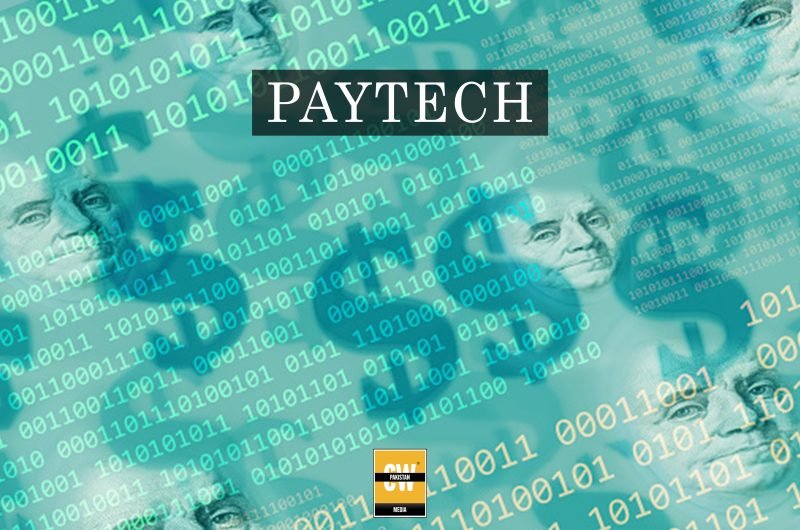The start of the 2025-26 fiscal year has brought a wave of anxiety across Pakistan’s e-commerce ecosystem, as new tax measures come into force that industry players fear could stifle growth and burden both sellers and buyers. Local and international online platforms, courier companies, and even consumers are grappling with uncertainty over how these regulations will reshape the digital marketplace.
At the heart of the unease is the government’s introduction of a fresh chapter in the income tax regime, imposing an 18 percent general sales tax (GST) on all goods and services purchased online, mirroring traditional retail outlets. The new laws also enforce higher levies on non-filers, alongside requirements for extensive data reporting. Banks and digital payment intermediaries must now maintain detailed buyer records and file quarterly reports with the Federal Board of Revenue (FBR), while facing penalties for non-compliance.
The FBR, which has identified eight major international e-commerce platforms operating in Pakistan, including Facebook, Apple/iTunes, Google, AliExpress, Netflix, Temu, and Spotify, has highlighted the scale of transactions. Facebook alone accounted for over Rs12.3 billion in sales. Altogether, transactions by these global and local players—like Daraz, OLX, Zameen, and PakWheels—surpassed Rs317 billion, underscoring the vast size of Pakistan’s digital commerce space now coming under stricter regulatory scrutiny.
But despite the significant footprint, confusion reigns. Many global platforms have reached out to their local partners for explanations on how the new tax collection processes will be handled. A senior executive at a PR firm revealed that international clients are pushing for clarity, even instructing reviews of how courier rates and tax filing protocols might shift. Yet uncertainty looms large, with neither he nor representatives of local platforms willing to go on record, particularly as the updated Income Tax Law 2025 had still not been published on the FBR’s website.
Meanwhile, courier companies have begun advising online merchants and individual sellers to complete tax registrations or risk losing delivery services altogether. The law explicitly prohibits courier firms and digital marketplaces from processing or shipping orders from unregistered businesses, effectively making tax compliance a prerequisite for operating.
Amid this backdrop, the Pakistan E-commerce Association (PEA) has announced protests. Its Chairman Omer Mubeen cautioned that these stringent measures threaten to erode already thin profit margins and pass additional costs on to consumers. The PEA, in collaboration with groups like the Chainstore Association of Pakistan (CAP), plans to sustain its opposition through social media campaigns and official representations to regulatory bodies.
While government officials maintain the objective is to formalize the sector, broaden the tax net, and protect buyers from fraudulent sellers, local entrepreneurs argue that heavy-handed policies risk stifling an industry still in its infancy. A seller from Islamabad remarked that rather than nurturing the sector, the state was erecting hurdles that could discourage new entrants.
An FBR official stated that the full rollout of the regime would begin after Ashura, noting that the three primary goals are to bring more businesses into the formal economy, bolster tax revenues, and establish long-term regulatory frameworks to safeguard buyers.
Nonetheless, the sudden implementation and lack of clear operational guidelines have left many scrambling. As the digital economy braces for transformation under the new fiscal order, all eyes remain on how these sweeping changes will impact growth, innovation, and everyday online commerce in Pakistan.









